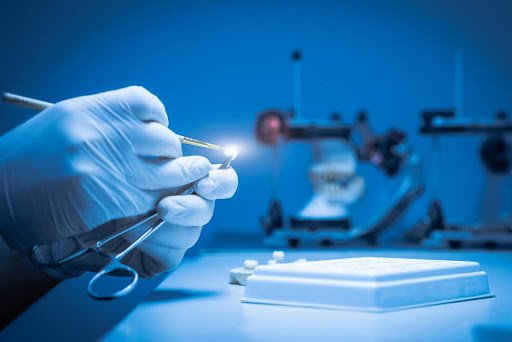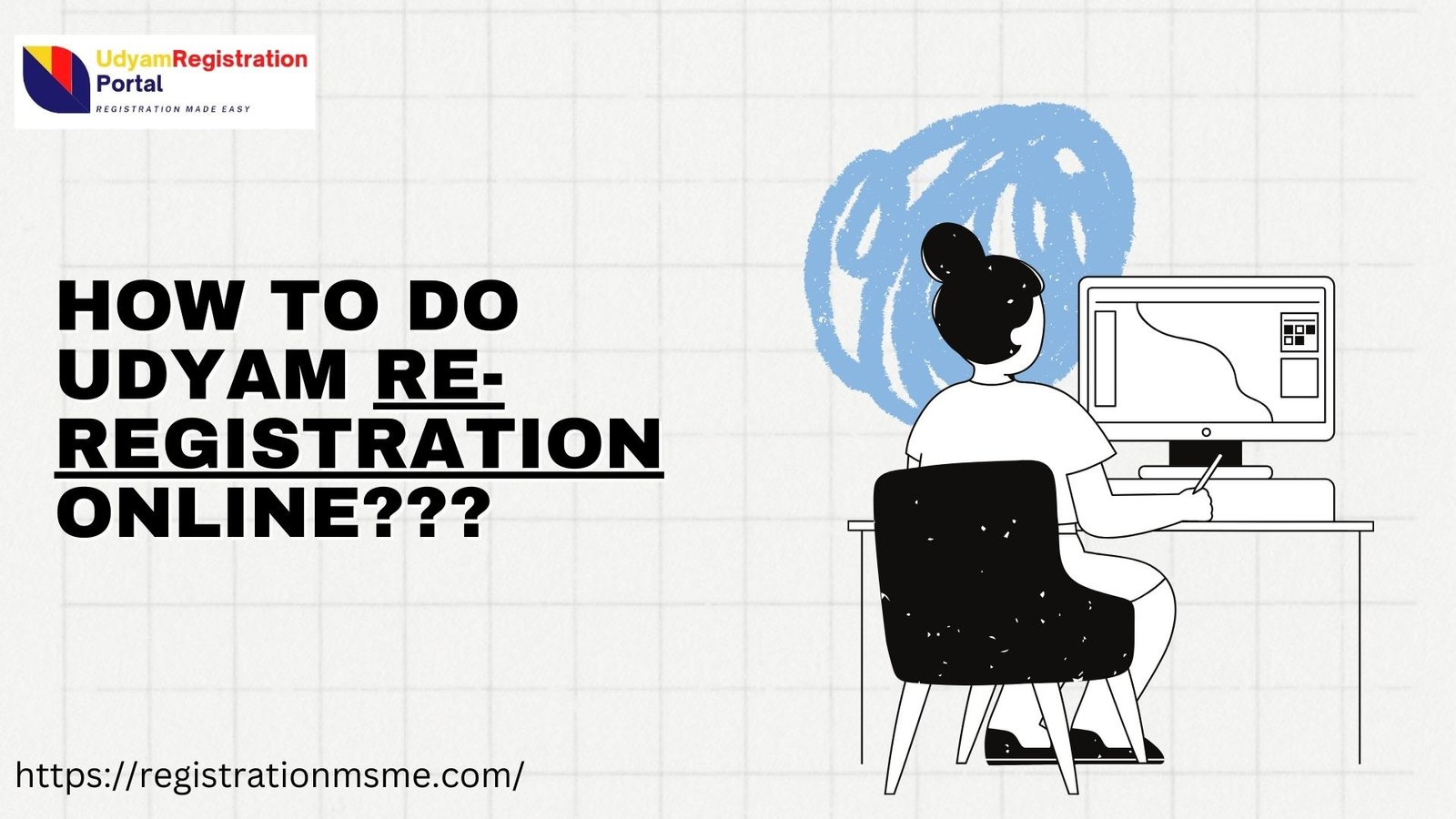As dental practices seek ways to enhance efficiency, meet demand, and reduce costs, many are turning to outsourcing dental lab services. Outsourcing can streamline workflows and expand service offerings, but it’s not without its challenges. Understanding the pros and cons of outsourcing dental lab work can help practices make informed decisions that balance quality, speed, and cost.
Pros of Outsourcing Dental Lab Services
1. Cost Savings
Outsourcing dental lab work can significantly reduce expenses. By partnering with an external lab, dental practices can avoid the overhead associated with maintaining an in-house lab, including equipment, materials, and technician salaries.
- Reduced Labor Costs: Hiring and training lab technicians is costly, particularly for smaller practices. Outsourcing eliminates these expenses, allowing practices to pay only for completed work rather than the ongoing cost of salaries and benefits.
- Lower Equipment and Maintenance Costs: High-quality lab equipment is expensive to purchase and maintain. Outsourcing labs handle their own equipment costs, saving dental practices from the expense and upkeep of machinery like CAD/CAM systems and 3D printers.
2. Access to Expertise and Advanced Technology
Partnering with a reputable dental lab provides access to skilled technicians and advanced equipment that might otherwise be out of reach.
- Specialized Expertise: Outsourced labs often employ highly specialized technicians trained in complex restorations, orthodontics, and implant work, giving dental practices access to a wider range of expertise without needing to build in-house skill sets.
- State-of-the-Art Technology: Many outsourcing labs invest in the latest digital dentistry technology, such as CAD/CAM systems, milling machines, and 3D printers. This enables practices to benefit from cutting-edge technology without the capital investment.
3. Increased Flexibility and Scalability
Outsourcing offers flexibility to adapt to demand fluctuations without the need for major adjustments in staffing or production capacity.
- Adapting to Patient Demand: During high-demand periods, outsourcing allows practices to scale up production quickly. When demand slows, they can reduce outsourced orders, avoiding the costs of maintaining an in-house team with reduced workload.
- Reduced Turnaround Times for Specialized Cases: For complex cases like custom implant abutments or intricate prosthetics, outsourced labs may provide faster and more precise results than an in-house lab.
4. Improved Efficiency and Focus on Core Services
By outsourcing, dental practices can focus on patient care rather than lab management and production.
- Reduced Administrative Burden: Outsourcing eliminates much of the paperwork and tracking associated with in-house lab operations, allowing practices to streamline administrative tasks.
- Enhanced Patient Care: Freeing up time and resources from lab management allows dentists and staff to focus on core responsibilities, improving patient care and fostering a stronger patient-practice relationship.
Cons of Outsourcing Dental Lab Services
1. Quality Control Concerns
One of the main drawbacks of outsourcing is that it can be harder to maintain consistent quality across all outsourced work.
- Variable Quality: Not all outsourced labs adhere to the same standards of quality, which can lead to inconsistent results. Inaccurate or poorly finished restorations may require adjustments, remakes, or repairs, costing time and potentially diminishing patient satisfaction.
- Limited Oversight: When work is sent out, practices lose direct control over production processes, potentially leading to variations in quality that would otherwise be avoided with in-house oversight.
2. Longer Turnaround Times
Depending on the location and workload of the outsourced lab, turnaround times may be longer than with an in-house lab.
- Shipping Delays: For labs that are not local, shipping times can add several days to the production process. Delays in shipping or customs (for international labs) can further extend the timeline, affecting case scheduling and patient satisfaction.
- Potential for Remakes: If the outsourced product doesn’t meet specifications, sending it back for corrections can add considerable time. This is particularly impactful for urgent cases or time-sensitive restorations.
3. Communication Challenges
Outsourcing may make communication more complex, especially if the lab is in a different time zone or country.
- Lack of Real-Time Communication: Communicating changes, clarifications, or customizations may be slower with an outsourced lab, especially if the lab is overseas or has limited operating hours. This can lead to misunderstandings and delays.
- Difficulty in Providing Immediate Feedback: In-house labs allow immediate feedback and real-time adjustments; outsourced labs may not provide this flexibility, making it harder to communicate subtle nuances that impact the final product.
4. Risk of Data Privacy Issues
Outsourcing, especially to international labs, can raise concerns about patient data privacy.
- Patient Information Security: Transferring patient data to an external lab can be risky if the lab’s data security practices don’t meet privacy regulations, such as HIPAA in the United States or GDPR in Europe.
- Compliance with Local Laws: International labs may not always comply with local data protection laws, potentially exposing practices to liability if patient data is compromised.
5. Potential for Hidden Costs
While outsourcing can reduce labor and equipment costs, hidden costs may arise that offset these savings.
- Shipping and Handling Fees: Many labs charge for shipping, handling, or even expedited services. These fees can add up over time, especially if multiple cases are outsourced each month.
- Remake and Adjustment Costs: Any remakes or adjustments requested may incur extra fees. In cases where quality is inconsistent, these costs can accumulate, reducing the overall cost-effectiveness of outsourcing.
Making the Right Choice: Key Considerations
When deciding whether to outsource dental laboratories work, practices should weigh the pros and cons based on their specific needs:
- Evaluate Lab Quality: When choosing an outsourced lab, look for one with a proven track record, experienced technicians, and high-quality standards. Many labs offer samples, which can help practices assess quality before committing.
- Define Communication Protocols: Establish clear communication channels and regular updates with the lab. Frequent check-ins, case specifications, and guidelines help ensure that outsourced work aligns with practice standards.
- Compare Costs Carefully: Conduct a thorough cost-benefit analysis, considering all potential expenses, including shipping, remakes, and handling fees, against the savings on in-house costs.
- Assess Turnaround Requirements: Evaluate how critical turnaround times are for your practice. If shorter timelines are essential, local or expedited outsourcing solutions may offer the best balance.
- Consider Data Security: Ensure that the lab complies with local data privacy laws and has strong security protocols in place to protect patient information.
Conclusion
Outsourcing dental lab services can offer numerous advantages, from cost savings and scalability to access to advanced technology and specialized expertise. However, practices must consider potential drawbacks, such as quality control issues, communication barriers, and hidden costs. By carefully weighing these pros and cons, dental practices can make an informed decision that aligns with their quality standards, patient needs, and budget. Whether managed in-house or outsourced, the goal remains the same: delivering high-quality, patient-focused dental care.



